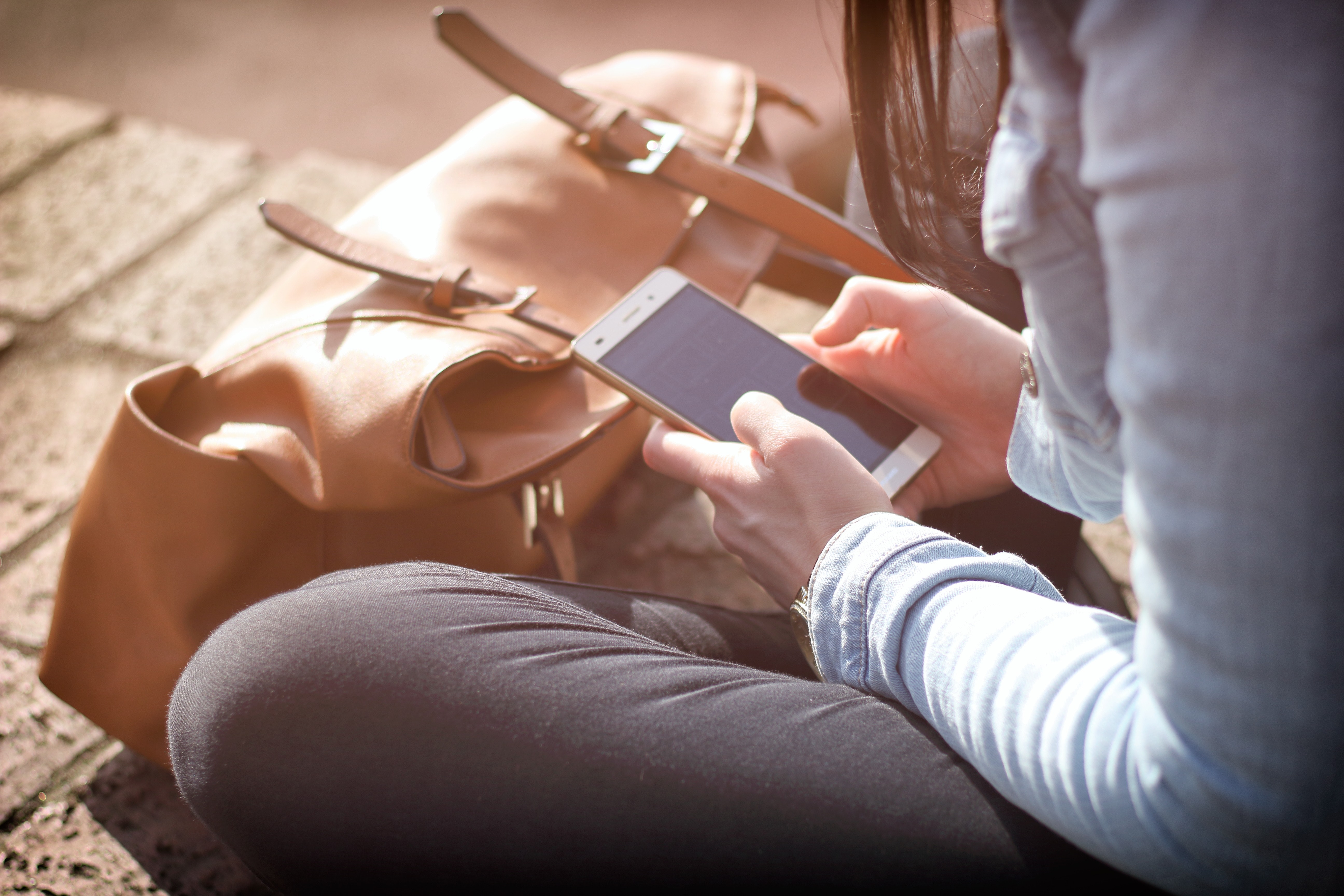We love our phones. We are addicted to them. Phones are the new smoking. We are phone death nation. We hear those phrases all the time. They make many headlines. And it’s true. We do use our phones a lot. We like them. They let us communicate. Many of us waste an extraordinary amount of time browsing the apps but it is what it is. There are enough articles out there about how we should put them down and go experience the real world.
Today, however, I want to talk about phone calls. As much as we love our phones, we equally hate phone calls. Many people argue that the young generation fears to dial a number and directly talk to the person on the other line because… yeah, why is that exactly? I admit it’s true, we do fear calls to a certain extent. However, it’s not an irrational thing without any reasoning behind.

Reason 1: Reduced costs
Communication using social media and instant messaging is cheaper than making phone calls. Many millennials started to use text messaging because of the costs. With time and with decreasing prices of mobile data, texting developed into a habit so strong that dialing suddenly feels like an odd thing.
Reason 2: Time to answer
A text lets a person take some time to answer whereas a phone call expects an answer to a question on the spot. Sometimes the respondent needs to think or check something. A call absolutely doesn’t allow it. Wouldn’t everyone agree that it’s better to get a specific, professional answer after 3 minutes than a vague and irritated one after 3 seconds? Of course, some people are a true nightmare and will only answer a WhatsApp message after 3 business days but those are exceptions 😉
Reason 3: Bothering
We don’t want to bother. Unless our siblings on purpose. Seriously speaking though, our phone call could disturb a family dinner or a lecture at university. What if you are in a cinema and forgot to turn your phone to silent mode? We won’t cause you the embarrassment of a ringing phone in the movies. Better yet, what if you are driving. It’s a lot safer to first text and ask whether you are available. Afterward, we can call when both of us have free time.

Story time
Imagine there is a client, Amy, a designer, Bob, and a contact person, Claire. Amy calls Claire with a question about a design Bob did for her a while back. Claire isn’t familiar with the design and Bob is out of the office that day. As a consequence, Claire says she doesn’t have the answer on the spot and will contact Bob. She calls Bob, he needs to check the details and calls Claire back an hour later. Then Claire calls back Amy. But that doesn’t fully answer Amy’s question, so the process is repeated. That’s together 8 phone calls and includes bothering Bob on his free day.
In a different scenario, Amy would schedule a phone call appointment using email or some calendar app. The next day, Amy, Bob, and Claire could have a joint call. Bob would have materials prepared to answer all possible questions at once, nobody would be bothered unnecessarily, and the call would result in a happy client. Do you see the point of efficiency here? The fear of phone calls is about not being able to meet the expectations of the called right on the spot. When expected, calls aren’t bad at all.


